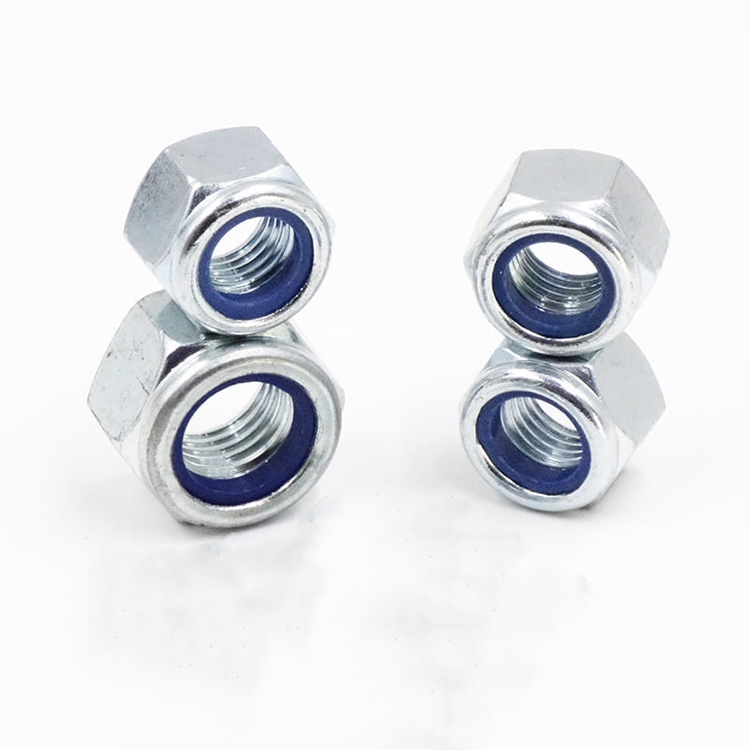Exporting M8 1.25 Bolts for Industrial Applications and Global Supply Chain Solutions
Aug . 15, 2024 09:28 Back to list
Exporting M8 1.25 Bolts for Industrial Applications and Global Supply Chain Solutions
The Role of M8 201.25 Bolts Exporters in Global Supply Chains
In the modern construction and manufacturing industries, fasteners like bolts play a pivotal role in ensuring structural integrity and reliability. Among these, the M8 201.25 bolts have gained popularity due to their versatility, strength, and wide range of applications. As global trade continues to expand, exporters of M8 201.25 bolts have become crucial players in the supply chain, impacting both local and international markets.
Understanding M8 201.25 Bolts
M8 201.25 bolts are metric bolts with a nominal diameter of 8 millimeters and a length of 201.25 millimeters. They are often made from various materials including stainless steel, carbon steel, and alloy steel, chosen for their strength, corrosion resistance, and durability. The M8 designation indicates the bolt's diameter, with the M denoting a metric thread. These bolts are utilized in a variety of applications ranging from automotive assembly to structural framework in buildings, machinery, and even furniture production.
The Importance of Exporters
Exporters of M8 201.25 bolts play a vital role in the distribution of these fasteners across the globe. They bridge the gap between manufacturers and end-users, ensuring that high-quality products reach various sectors that depend on reliable fastening solutions. The demand for M8 bolts has surged in recent years, spurred by the rapid urbanization and expansion of infrastructure projects worldwide. Exporters must navigate complex logistics, comply with international quality standards, and adapt to the varying needs of global markets.
Key Characteristics of Successful Exporters
Successful exporters of M8 201.25 bolts exhibit several key characteristics that set them apart in the competitive marketplace. Firstly, they often maintain strong relationships with manufacturers, ensuring a consistent supply of high-quality bolts. Quality control is paramount; reputable exporters conduct rigorous testing to meet various standards, such as ISO 9001, which guarantees reliability and safety.
m8 1.25 bolts exporters

Secondly, effective supply chain management is crucial. Leading exporters develop streamlined logistics strategies that minimize delays and optimize shipping routes, allowing them to deliver products promptly. They often leverage technology, utilizing inventory management systems and tracking tools to enhance efficiency and transparency in the supply chain.
Lastly, a customer-oriented approach is essential. Understanding the unique requirements of different industries helps exporters tailor their offerings. Whether clients require bulk orders or custom specifications, adaptability is key to sustaining long-term partnerships.
Challenges Faced by Exporters
Despite the significant market opportunities, M8 201.25 bolt exporters face various challenges. Fluctuations in raw material prices, geopolitical tensions, and trade regulations can impact operational costs and export volumes. Additionally, competition from domestic manufacturers and other international exporters means that pricing strategies must be carefully devised to remain appealing without compromising quality.
Economic downturns also pose risks, as demand for construction and manufacturing can wane, affecting bolt orders. Adapting to market dynamics and maintaining resilience is crucial for exporters to thrive in such conditions.
Conclusion
In conclusion, M8 201.25 bolts exporters play an essential role in supporting the global supply chain of fasteners. Their ability to provide quality products, manage efficient logistics, and cater to diverse customer needs sets them apart in a competitive landscape. As global industries continue to expand and evolve, the importance of these exporters will only grow, ensuring that the backbone of construction and manufacturing remains strong and reliable. Through strategic innovation and customer engagement, M8 201.25 bolt exporters will continue to shape the future of fastener distribution on a global scale.
Latest news
-
Top Wire Bolts Suppliers - Quality & Durable Fasteners
NewsAug.15,2025
-
Trusted Wire Bolts Company | Quality Fasteners Supplier
NewsAug.14,2025
-
Reliable Wire Bolts Suppliers & Manufacturers for Global Needs
NewsAug.13,2025
-
High-Quality Bolts for Lawn Mower Handle Supplier
NewsAug.12,2025
-
Leading Phosphated Drywall Screws Supplier | Bulk & Custom Orders
NewsAug.11,2025
-
Top Wire Bolts Company: Manufacturers, Exporters & Suppliers
NewsAug.10,2025
